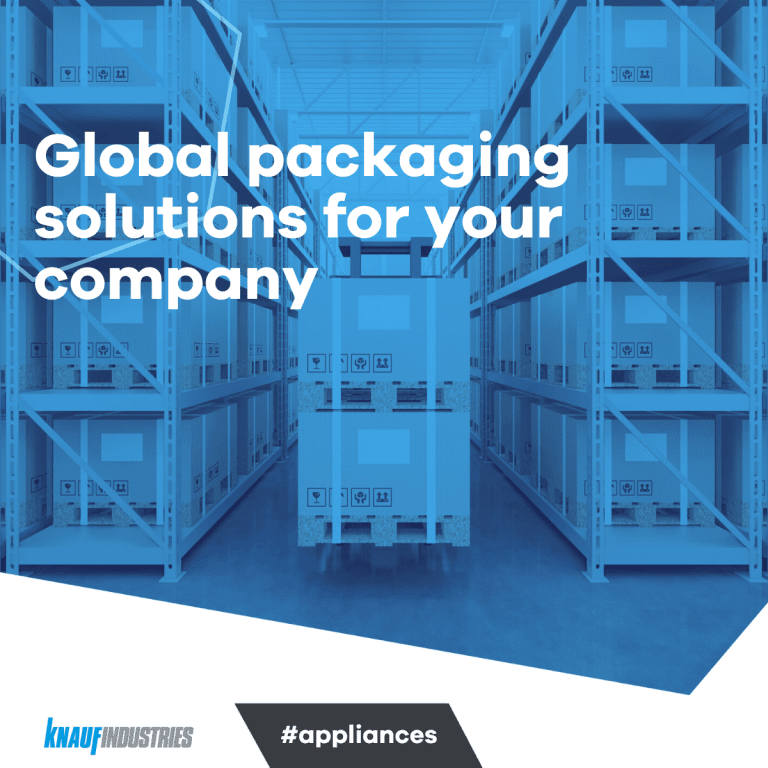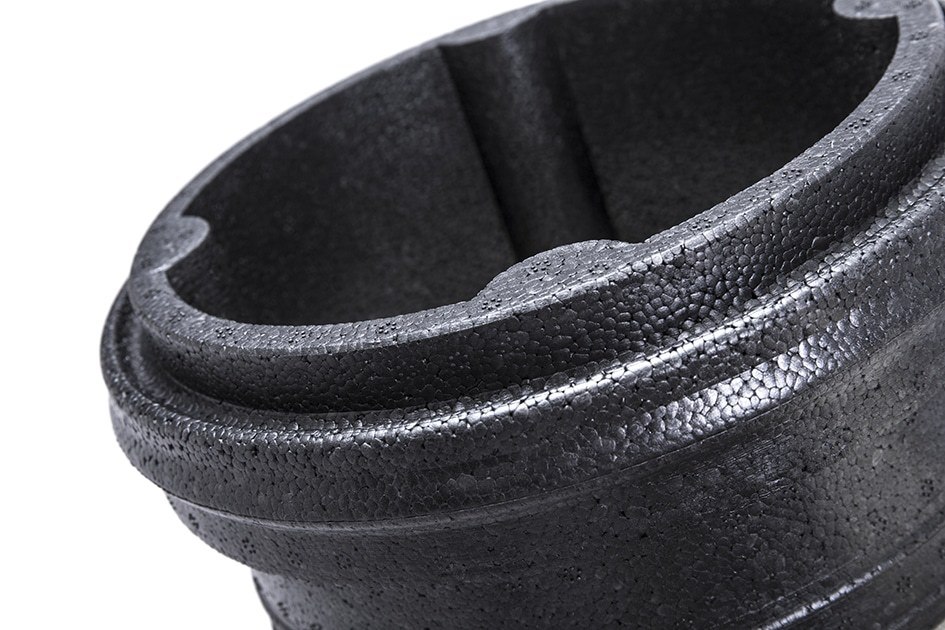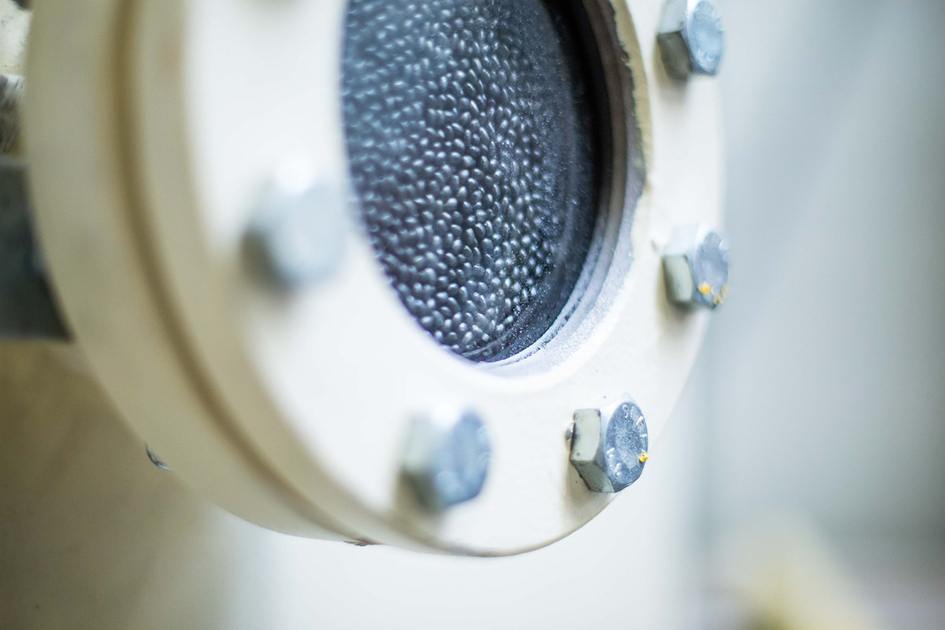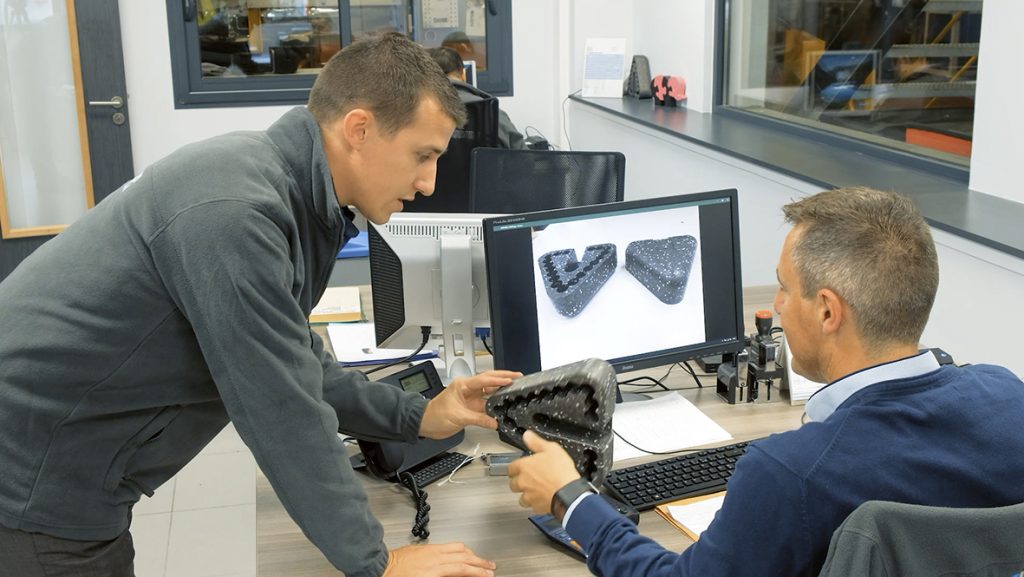As markets expand and eCommerce surges, the need for developing a global packaging solution for companies is increasingly acknowledged.
Rethinking industrial packaging today means pondering on cost and logistics optimization as well as sustainability.
We analyze how to develop the right industrial packaging solutions that work in the current context and help companies walk towards a successful future.
Why is it so important to have a global packaging solution
An adequate global packaging solution can be defined as one that fulfills the following functions:
- Protects the products inside from mechanical, atmospheric, and other damage
- Is cost-effective
- Helps develop optimized logistics, including storing and transport capabilities
- Provides branding opportunities and matches the company’s communication strategies
- Informs final clients about correct product use, if needed
- Is recyclable or reusable, applying circular-economy models
- Is approved by national and international legislation and standards, taking into account the needs of the product inside.
You might also be interested in: Sustainable EPS packaging solutions for your business
Advantages of working with global packaging solutions
- Cost optimization: the right industrial packaging solutions optimize costs as they protect the products inside (avoiding returning and damage costs). They can also have an impact on costs related to transportation, storage, and staff, through the use of lightweight, right-sized and easy-to-manipulate packaging solutions.
- Logistics optimization: industrial packaging solutions can help with time management and logistics. For instance, the use of pallet units facilitates the transportation and storing of products.
- The development of sustainable solutions: a company’s commitment to sustainable packaging typically means using less packaging materials, generating less packaging waste, and using less energy.
- The previous benefits translate into an improved user experience that boosts a brand’s image.
How to implement industrial packaging solutions in your company
Study the product and design an appropriate protective system
The right global packaging solution will provide adequate protection for the products inside, taking into account their specific needs. This includes the possibility of developing customized packaging solutions, which are increasingly affordable thanks to the use of cost-effective materials such as EPS and EPP.
Adapting to the product also means optimizing interior spaces within primary, secondary, and tertiary packaging units, which also translates into cutting costs (less weight and transportation space is required).
Use recyclable, efficient packaging materials
Understanding sustainability has meant that both companies and legislators are acknowledging the enhanced role that certain plastics can play in achieving sustainability:
- EPS: expanded polystyrene offers extraordinary benefits for developing a global packaging solution following the guidelines described above. This includes mechanical, thermal, and moisture resistance, as well as being an extremely lightweight and versatile material, which can be used to generate affordable customized packaging solutions. This material is also 100% recyclable and its carbon footprint is inferior to other fossil-based and plant-based materials.
- EPP presents the same benefits as EPS for developing industrial packaging solutions, with the added advantage of being reusable. At the same time, the manufacturing of EPP reduces carbon emissions by up to 45% compared to other common packaging materials.
Optimize space for transport and storing
The role of industrial packaging in facilitating logistics is explained by two possibilities:
- Folding, self-assembly solutions eliminate the need for additional systems for its use and simplify storage, as well as saving space.
- Stacking: expanded foam properties of compression allows it to have a better performance than the one obtained with traditional materials.
- Easy-to-manipulate and ergonomic solutions facilitate staff operations, thus guaranteeing smooth-running logistics.
Using EPS or EPP sheets, cues and other customized parts helps group diverse products together and create efficient packaging units.
Take eco-design and circular economies into account
At least 80% of a packaging’s environmental impact can be calculated during the design phase. Eco-design means taking the environment into account when designing a packaging solution, analyzing its potential impact, and trying to reduce it.
This translates into choosing the right sustainable materials, using fewer materials, employing energy-efficient production processes, and taking part in circular economy models, where the materials are guaranteed to be reused or recycled and thus their lifespan is expanded.
You might also be interested in: Appliances packaging evolution and trends
Knauf Appliances: customized industrial packaging solutions for your company
At Knauf Appliances we help you generate a customized industrial global packaging solution. We’re experts in designing and manufacturing protective industrial packaging solutions using lightweight, resistant and sustainable materials such as EPS and EPP.
Among our chief solutions, we include:
- Generating packaging solutions that optimize interior space while protecting products, using corner fittings and other customized pieces.
- Designing and implementing ergonomic and cost-effective palletized systems
- Creating optimized packaging solutions using customized EPS and EPP parts. We’re experts in designing stacking, compensation, consolidation, and separation systems in order to protect loads and generate cost-effective solutions.
- Providing eco-design solutions, including innovative and patented materials such as NEOPS®, our patented bioplastic that reproduces EPS’ qualities while minimizing this material’s already low carbon footprint. Or CELOOPS®: an expandable plastic resin from post-consumer recycled plastic whose basic chemical composition is styrene.
- Offering companies the chance to be part of our Knauf Circular program, through our industrial recycling plants for EPS.
Want to learn more about how to design a global packaging solution that is sustainable, cost-effective, and improves your logistics? Download our ebook





